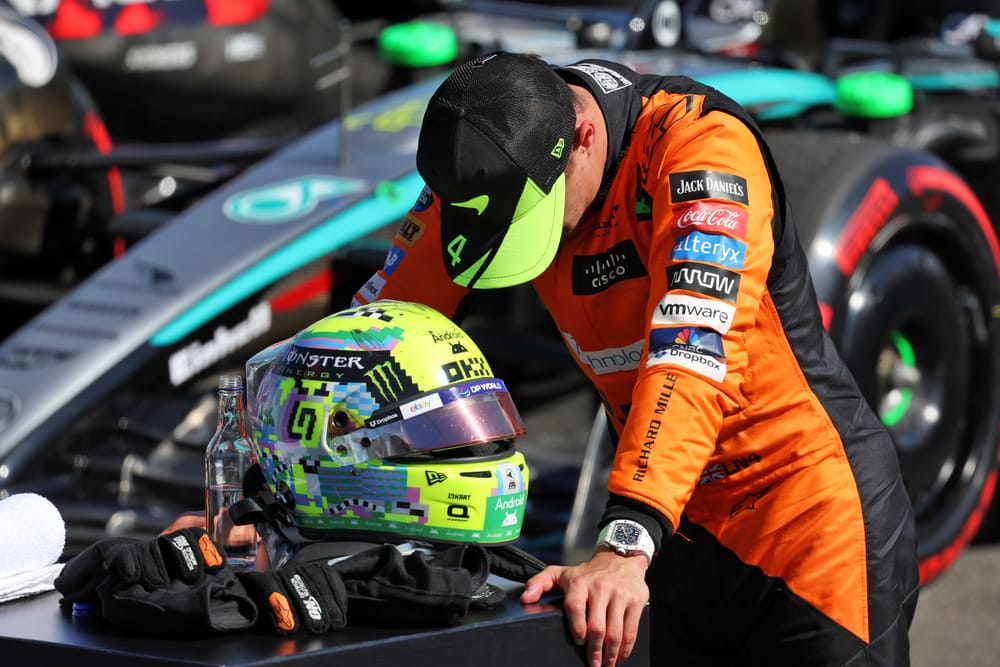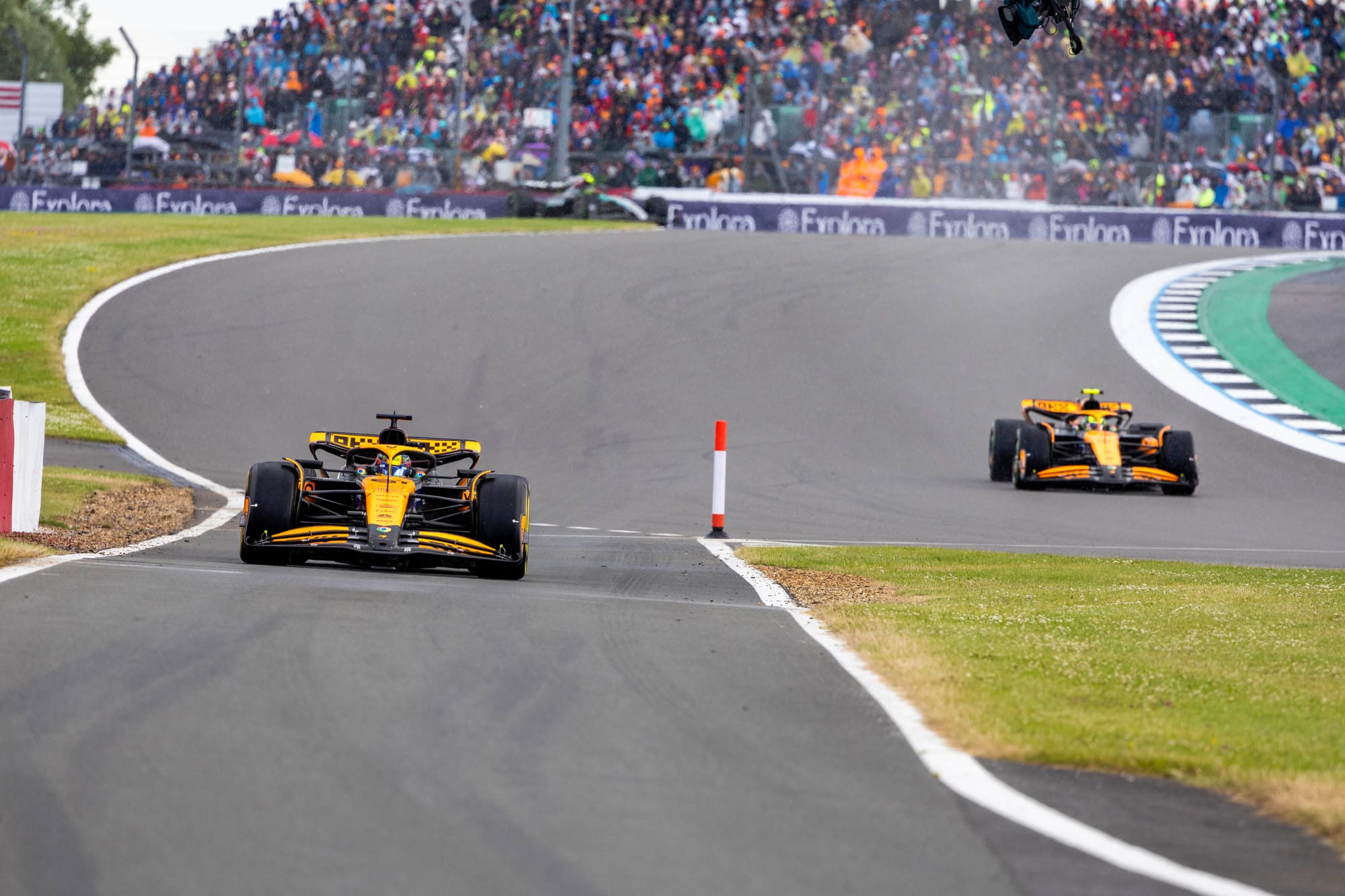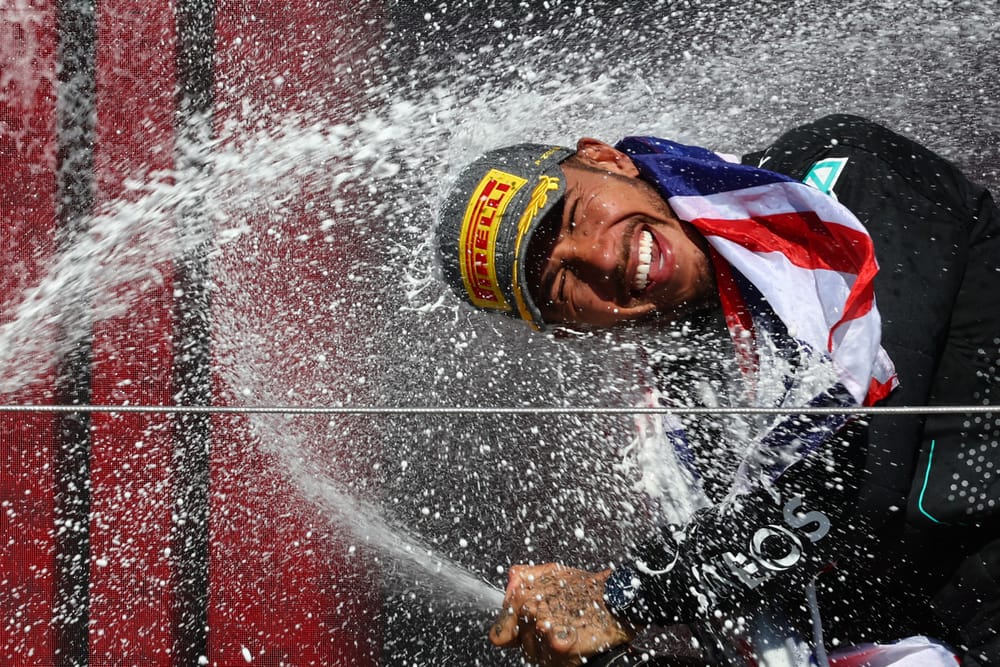Up Next

McLaren’s trio of errors in the British Grand Prix added to a frustrating line of strategy miscues that have left Lando Norris and the team feeling as though Formula 1 wins keep slipping away in 2024.
Norris got his breakthrough win in Miami but since then McLaren has narrowly missed out on victories to Red Bull and Mercedes at Imola, Montreal, Barcelona, the Red Bull Ring and Silverstone.
Norris ruing a lost win post-race has become a common theme recently - something he acknowledged himself at Silverstone: "I've heard that a lot lately [that a win got away]. So I hate saying it again.”
And it has unsurprisingly prompted plenty in The Race Members’ Club to question whether McLaren is too error-prone to properly take on Red Bull.
Stewart Harland asked: “I could see at least three bad calls from McLaren in that race. Is McLaren ready to consistently fight at the front for wins when competing against the likes of Red Bull who rarely make bad calls on Max’s side?”
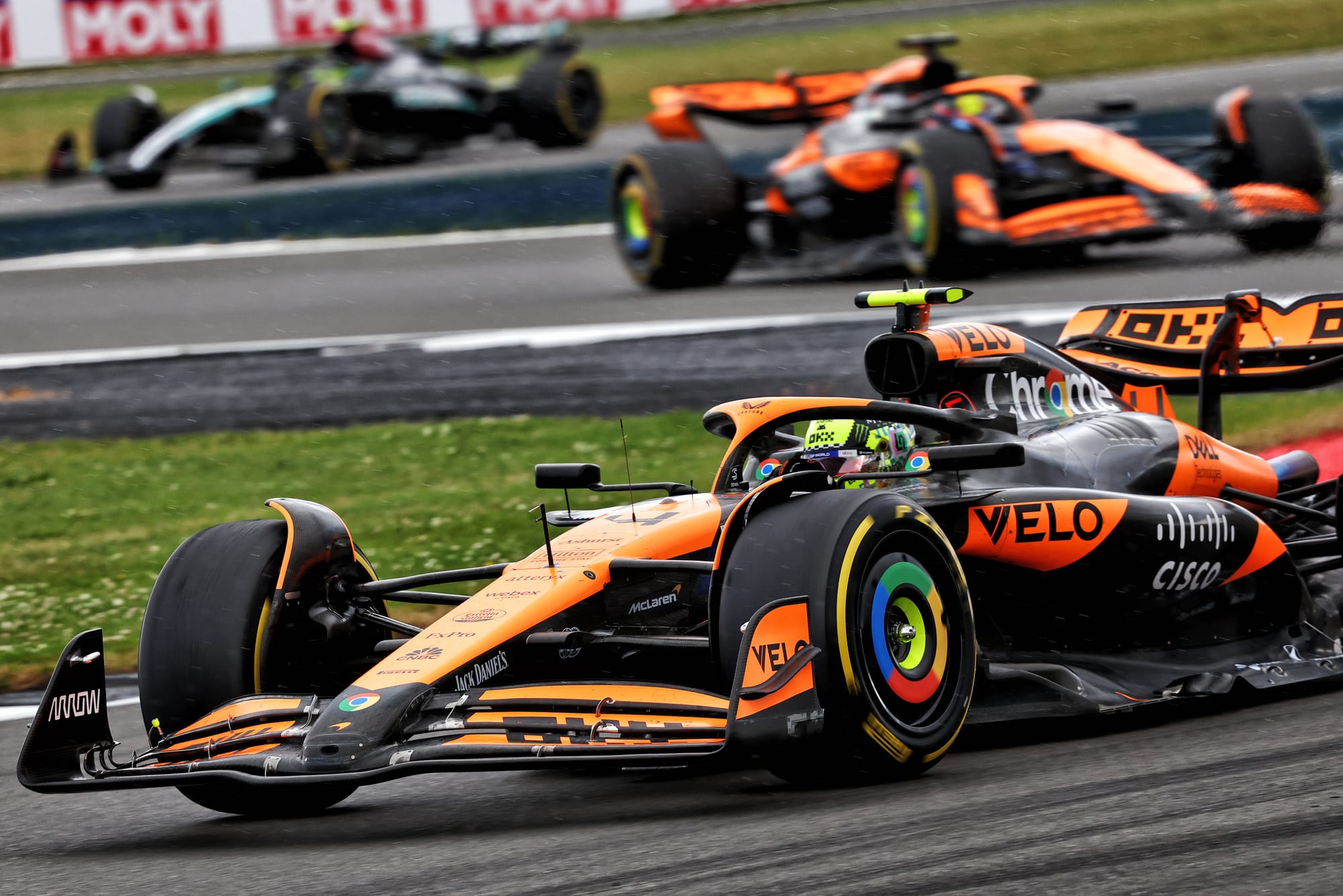
Replying on The Race F1 Podcast, Mark Hughes said he believes that “the speed of their car has exposed really that McLaren aren’t quite battle-hardened [enough] to run right at the cutting edge in terms of strategy calls”.
“You heard this most notably on Sunday with the radio conversations between Lando Norris and [race engineer] Will Joseph which had certain parallels with Montreal [this year] and also Sochi [in 2021],” he added.
“I think Lando himself and also the operation of the team needs to become much more decisive. Maybe the idea of involving the driver in the decision, while it sounds nice and egalitarian, is not really the most suitable way of doing it in these high-stress moments when you can’t really expect the driver to have the full picture, especially in the quite stressful conditions of trying to keep the car on the road in a wet-dry-wet race.
“If you listen to GP [race engineer Gianpiero Lambiase] and Max Verstappen, there’s no ambiguity. GP: ‘Do you want to stay out for another lap?’ Verstappen: ‘Yes.’ GP: ‘Do you want the hards or the softs?’ Verstappen: ‘The hards.’
“They’re much more accustomed to running at the front and getting used to what those sorts of decisions feel like.”
An early Red Bull parallel?
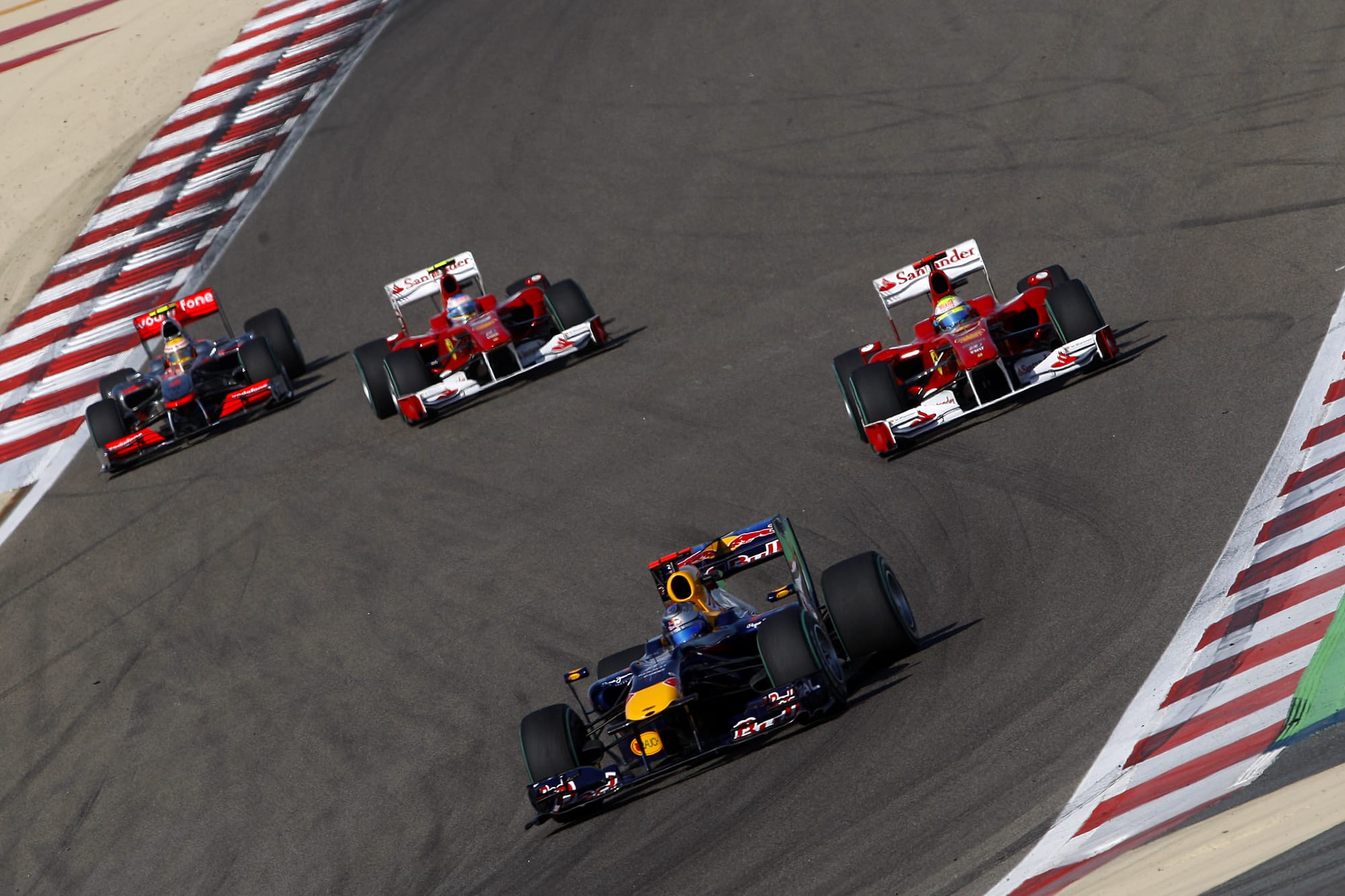
Edd Straw pondered whether there were similarities between McLaren’s current misfiring rate and that of Red Bull during its first couple of years of winning races.
“It’s a learning experience. When Red Bull first started winning in 2009 and 2010 [it converted only eight of its 15 pole positions that year, though it did win both titles], there were a lot of wins left on the table,” Straw said.
“Although McLaren’s already a championship-winning team, this is a new version of McLaren.
“They’re having to relearn this because it had so long in the doldrums.”
It’s not like fellow returning frontrunner Mercedes, which, while far from perfect with strategy this year, is only three years out from the last time it was at the front regularly, with largely the same team and structure.
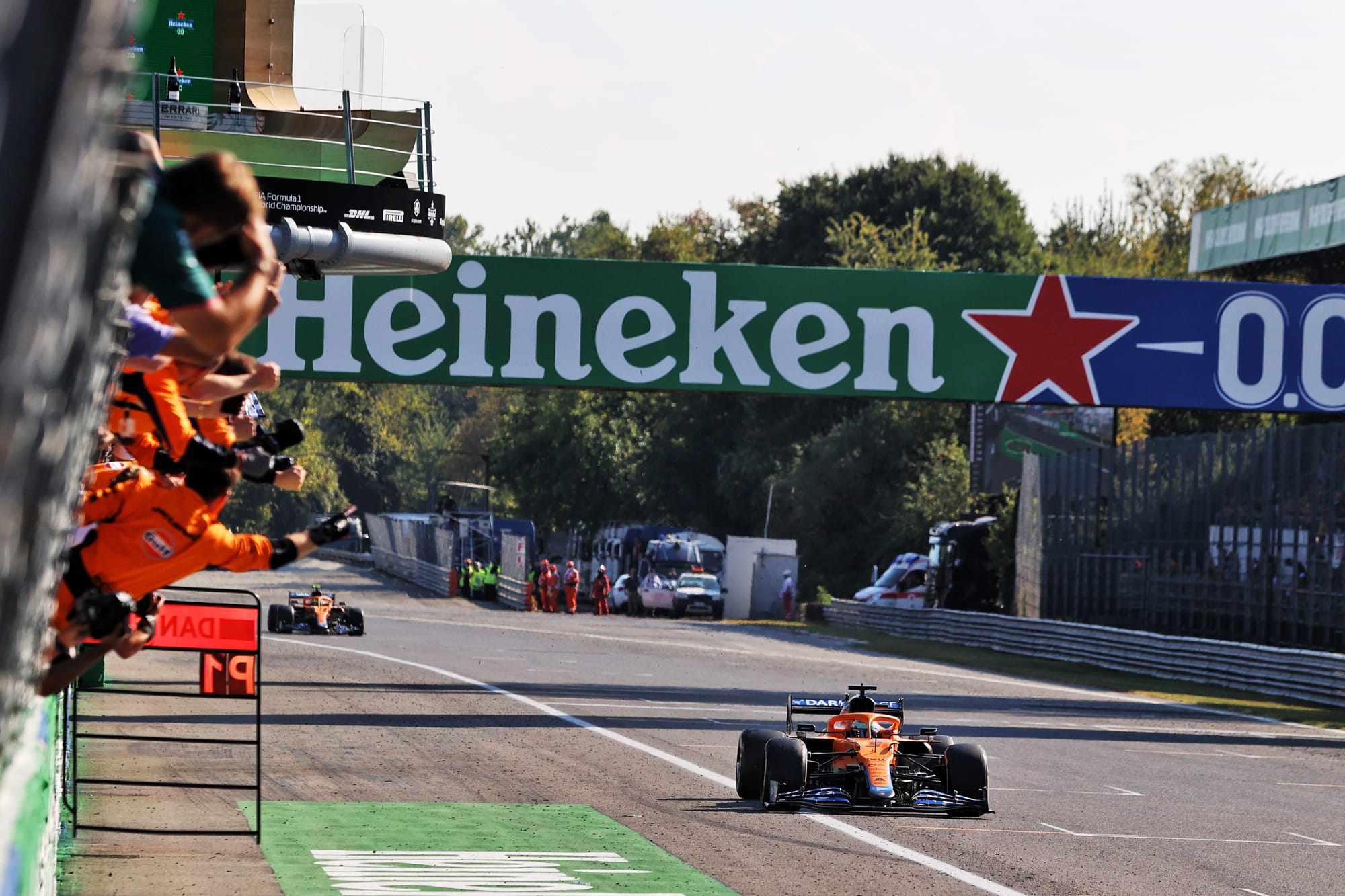
Daniel Ricciardo’s fairytale Monza win in 2021 aside, McLaren hasn’t fought for wins regularly since 2012. And very little of that McLaren remains at a team that has since introduced brand-new facilities, experienced team boss changes and has a completely different team structure.
That’s always going to take some time to bed in, but it’s going to continue to cost McLaren in such a closely fought fight at the front where decisions such as the choice between softs and mediums for the final stint of a race can win or lose you the contest.
'100% my responsibility'
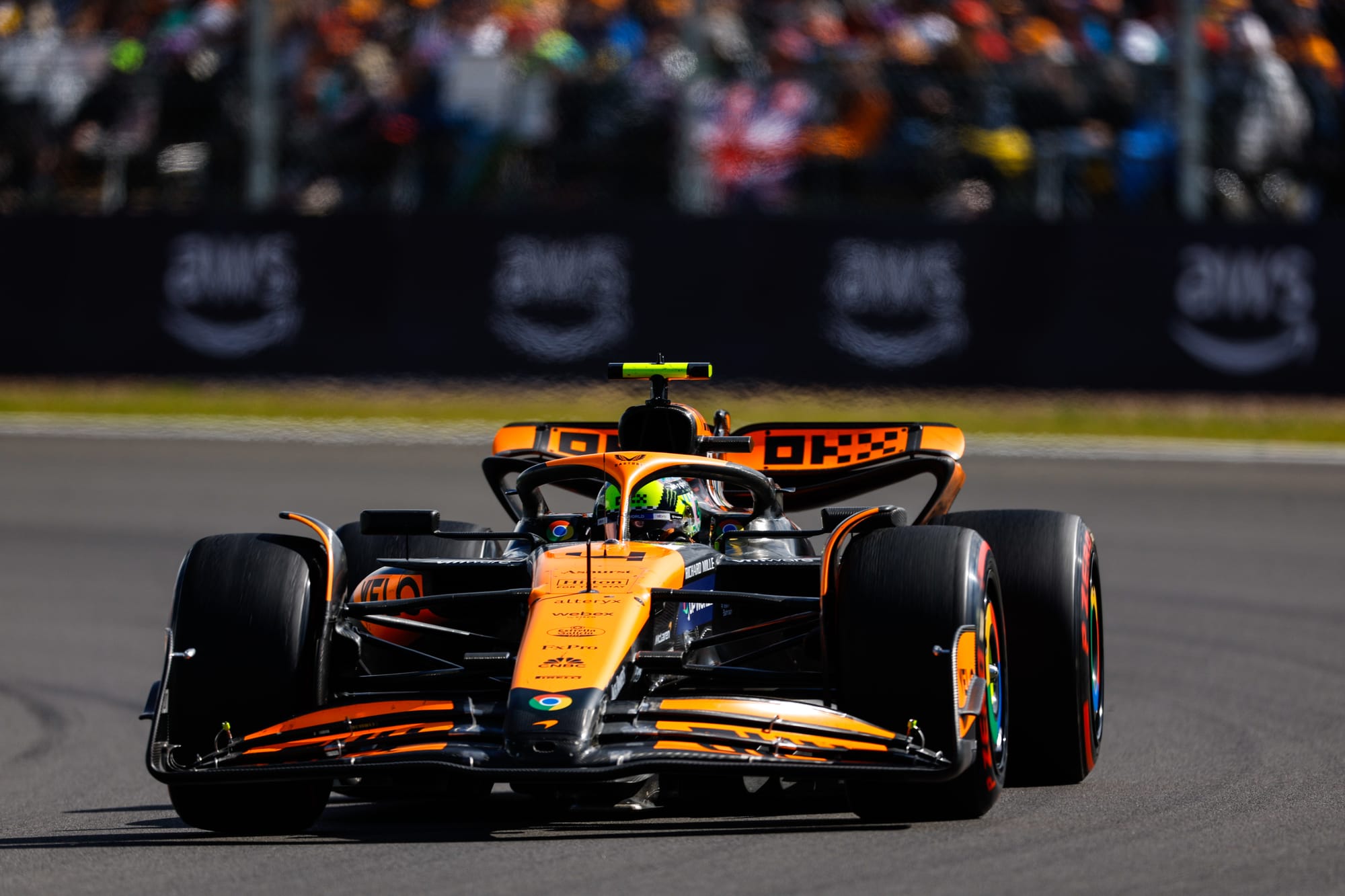
McLaren team boss Andrea Stella acknowledged that McLaren has to rely less on its drivers during those high-pressure moments, as Hughes suggested.
“In checking with Lando we kind of doubted and this led us to follow this direction, which in hindsight, wasn't correct,” Stella said.
“Please don't think that the decision to go on soft is because Lando [said] we should go soft, we have the possibility to make the call, we have more information, we have more people.
“So the responsibility of going on soft rather than on medium, which would have been a better call, stands with the team - it's 100% my responsibility at the pitwall.
“The driver kind of gives his point of view. That is a point of view, and in that case, it should have been the pitwall to make a call saying, ‘We go medium because the soft may not make it to the end’.”
Part of the problem is managing the flow of information - something that goes into overdrive during a rain-affected race.
“There’s so much information being shared behind the scenes. Every team is capable of making the calls that could win them a race if they have the car,” Samarth Kanal said.
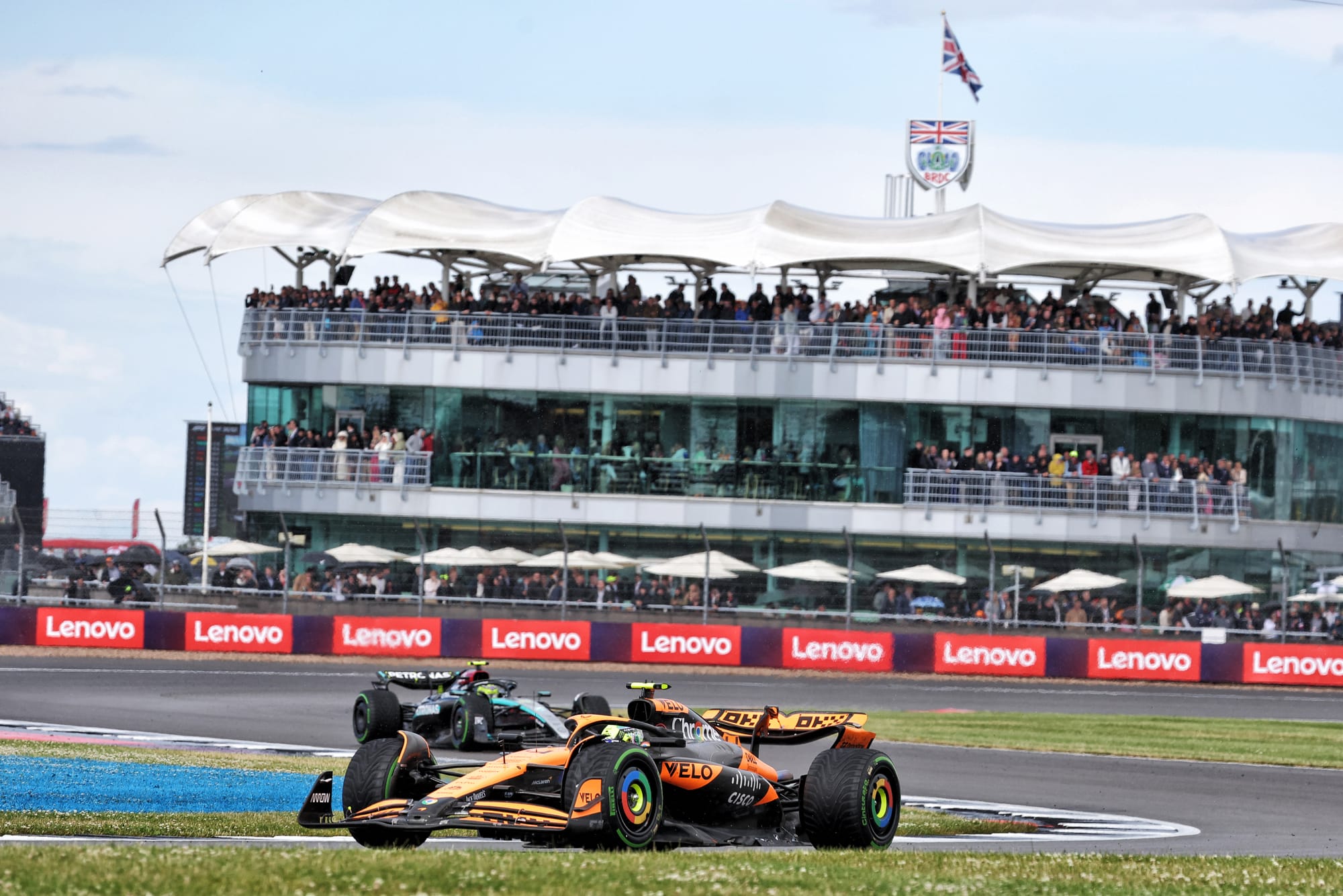
“But they’re not sometimes capable of sifting through that information and delivering it in the correct way. The conversations that are broadcast might be 10% of what’s said behind the scenes. There is so much chat, information and analysis happening, it’s staggering.
“It was clear, Andrea Stella implied it - that they just needed a better way of sifting through it.”
The test of whether McLaren can find a better way is bound to be put to the test before too long with F1’s intense, multi-team fight at the front showing no signs of slowing down.

